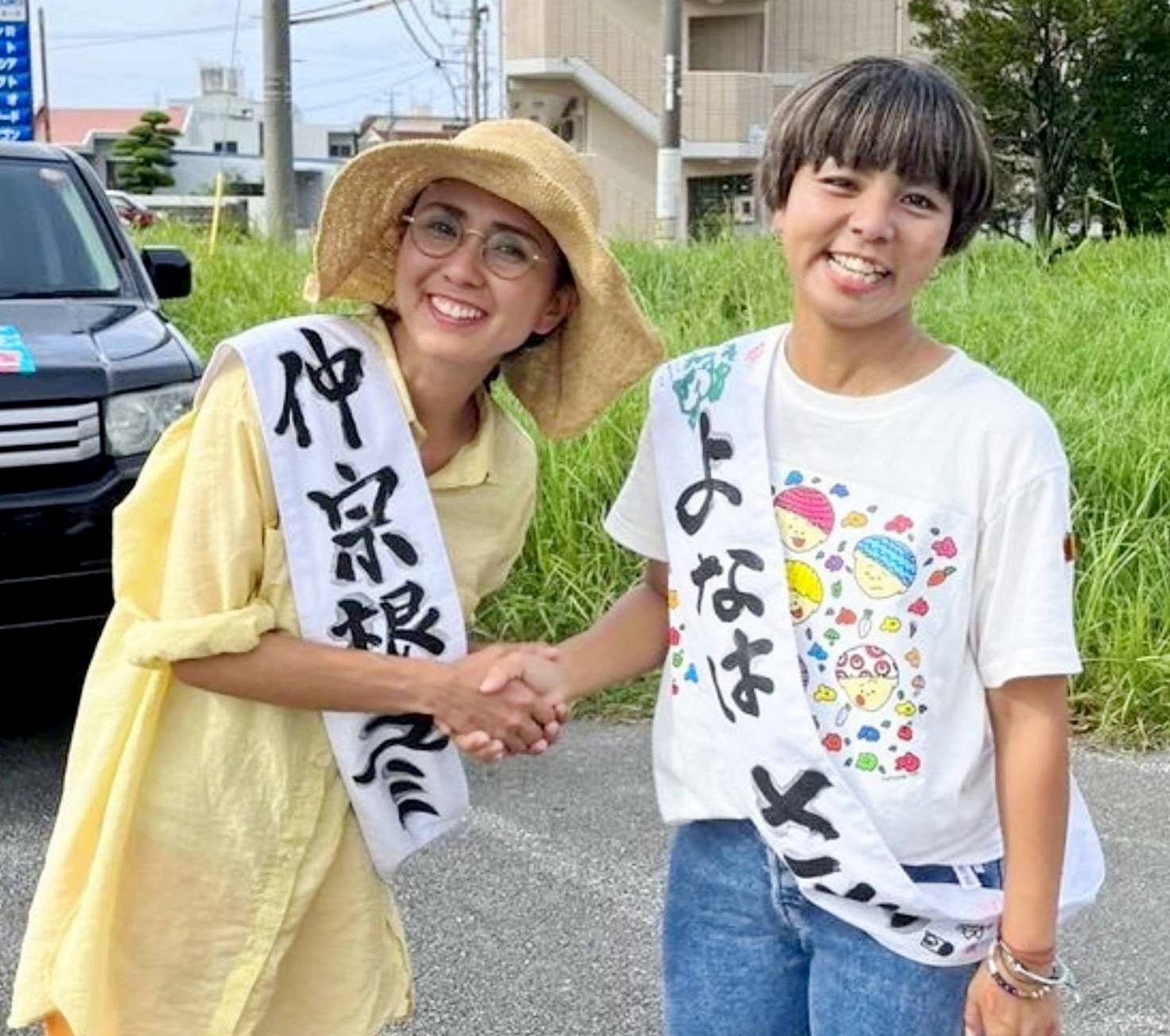Local election activity in Okinawa Prefecture reached new heights on Sept. 11, with multiple municipal elections held simultaneously with the gubernatorial election for the first time in the prefecture’s history.
The number of female candidates and winners in the 24 municipal assembly elections increased from previous polls, but the 49 women who got seats still represented only 14% of the total number of winners.
Another trend was that in the election campaigns, candidates increasingly used social media to present their policies to young people.


















With your current subscription plan you can comment on stories. However, before writing your first comment, please create a display name in the Profile section of your subscriber account page.